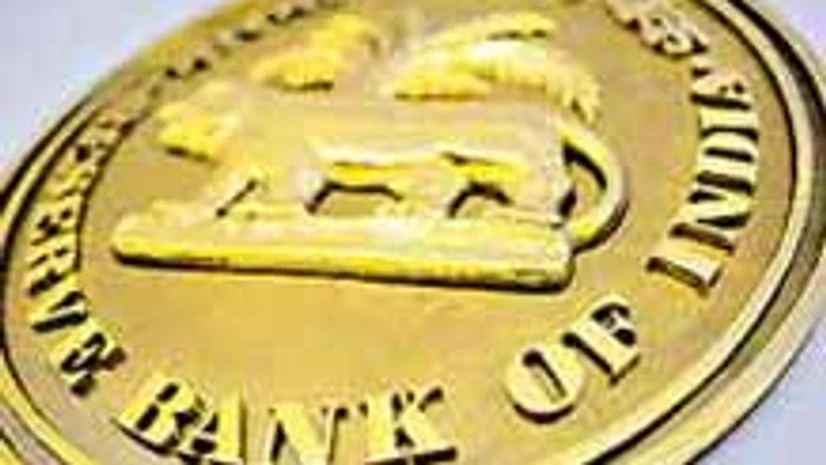Despite an improvement in the non-performing asset positions of banks in the quarter ended March, the Reserve Bank of India (RBI) feels it is too early to conclude the trend of deteriorating asset quality has reversed. “Recent trends in the asset quality of the banking system have been somewhat disquieting. In 2012-13, gross non-performing assets of banks increased 31.8 per cent, while restructured standard advances increased 40 per cent,” RBI Deputy Governor H R Khan said an event in Thiruvananthapuram yesterday.
Khan said the uncertain macroeconomic environment, underlying issues in credit assessment and bad loan management by banks had led to a rise in non-performing assets in 2012-13. However, the situation had improved towards the end of the financial year.
“The fourth quarter has recorded an improvement in asset quality, though it is too early to state with certainty that the trend of deteriorating asset quality has reversed,” Khan said. He added implementation of the recommendations of a working group that reviewed guidelines to restructure loans would lead to increased resilience in the banking system, as well as more transparent accounting of asset quality.
He suggested banks improve the credit appraisal and monitoring mechanism and reduce reliance on short-term liabilities, especially volatile liabilities such as bulk deposits.
Lenders should also evaluate the un-hedged foreign exchange exposure risks of customers and take these into account while pricing credit. They should improve risk management, early warning systems and the information-sharing mechanism, as well as review asset liability management policies, he added.
Khan said recent instances had highlighted certain irregularities and norm violations in banking transactions. The central bank is considering tightening wealth management guidelines.
RBI has penalised the country’s top three private lenders, ICICI Bank, HDFC Bank and Axis Bank, for violating know-your-customer and anti-money-laundering guidelines. The three banks were fined Rs 1-5 crore each.
“Penalty by regulators is not the panacea... Commitment to regulatory compliance in letter and spirit by the bank management is necessary,” Khan said.

)
